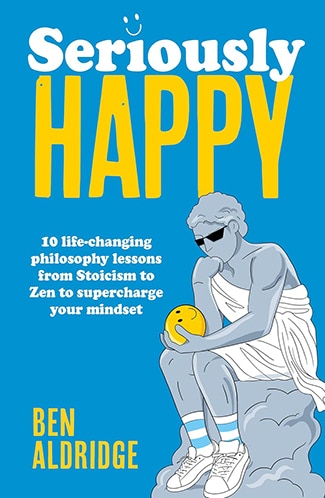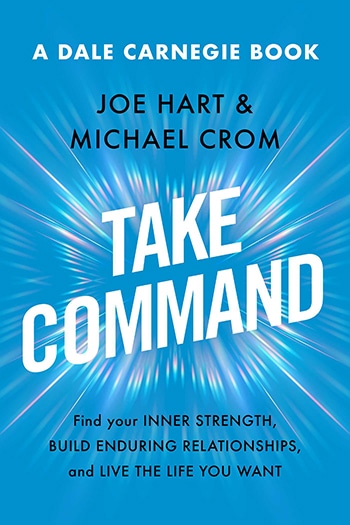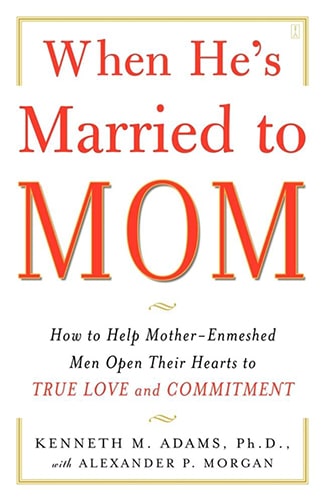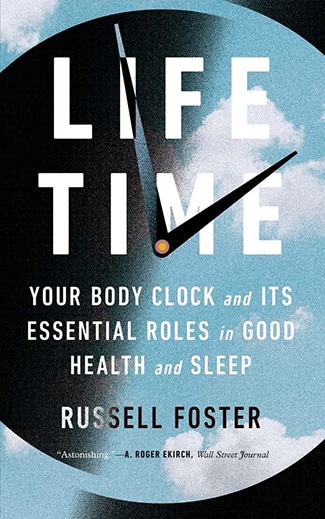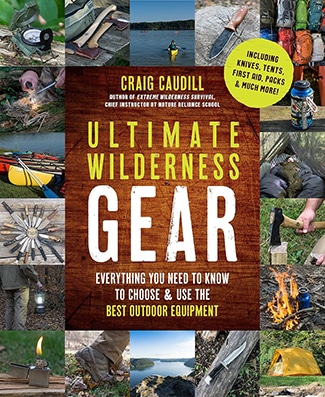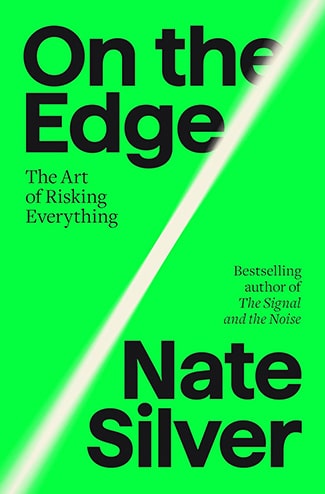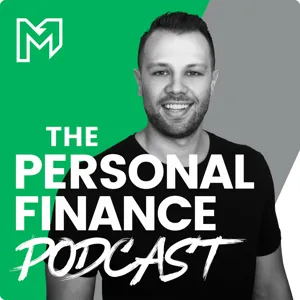Podcast Summary
Two sources of financial stress: debt and risk: Minimize debt, especially high-interest ones, and manage risk through an 'awesome portfolio' for a stress free financial life
Financial stress can be significantly reduced by minimizing debt and managing risk. Jared Dhillon, a former trader for Lehman Brothers and the author of "No Worries: How to Live a Stress Free Financial Life," shares his philosophy on financial stress and how to eliminate it. According to Dhillon, the two biggest sources of financial stress are debt and risk. He advises against carrying large debts, especially high-interest ones, and suggests focusing on paying them off as quickly as possible. To manage risk, Dhillon recommends creating an "awesome portfolio," which is a mix of assets that has nearly the return of the stock market with half its risk. Dhillon's approach to personal finance is rooted in his experiences, from serving in the Coast Guard to working on Wall Street and beyond. He encourages readers to take control of their finances, minimize stress, and live a financially healthy life.
Minimizing Financial Stress: Build an Emergency Fund and Increase Revenue: Build an emergency fund to cover basic needs and unexpected expenses, increase revenue to reduce dependence on income, and manage debt wisely to avoid unnecessary stress.
Financial stress can come from two sources: debt and risk. Debt is obvious, but having no money isn't necessarily a source of stress if one has an emergency fund and can cover basic needs. On the other hand, even the richest individuals like Elon Musk can experience significant financial stress due to debt and risk. The key to avoiding financial stress is to build an emergency fund and increase revenue, allowing one to not think about money at all. Debt, specifically, can cause stress through loans, credit card debt, or pledged assets. It's essential to manage debt wisely and avoid taking on more than one can handle. By focusing on these strategies, individuals can minimize financial stress and improve their overall well-being.
Effectively managing debt for financial peace of mind: Consider reducing debt to alleviate stress, or focus on eliminating it completely. Weigh the benefits of paying off a mortgage quickly versus investing the money instead, and consider the long-term cost of interest.
Managing debt effectively is crucial for financial peace of mind. While it's almost impossible to live completely debt-free, focusing on reducing and eliminating debt can help alleviate the associated stress. For instance, owning a house free and clear is a significant financial goal, as it means the bank no longer holds a claim on the property. However, the debate around whether to pay off a mortgage quickly or invest the money instead is ongoing. While investing may offer a higher return, it also comes with uncertainty and potential for financial stress during market downturns. Instead, consider the dollars paid in interest over the life of a loan. For example, paying off $70,000 in interest on a mortgage during the first three and a half years could have been used for other expenses or investments. Ultimately, the choice depends on individual risk tolerance and financial goals.
Preferred home mortgage type in US: Fixed rate: Fixed rate mortgages offer lower interest rates, quicker home ownership, rare prepayment penalties, and it's beneficial to put down a large down payment to build equity and reduce risk of default. Remember, a home is a 'negative carry asset' with ongoing expenses and should be focused on affordability and equity building.
When it comes to home mortgages in the US, fixed rate mortgages are the norm and generally preferred due to lower interest rates and quicker home ownership. Prepayment penalties are rare, and it's recommended to put down as much as possible for a down payment to build equity and reduce the likelihood of default. Additionally, it's important to remember that a home is a "negative carry asset," meaning it requires ongoing expenses like interest, taxes, and maintenance, and shouldn't be treated as an investment. Instead, focus on affordability and building equity over time.
Focus on living in your house and using your car wisely: Don't view houses and cars as investments, prioritize their functionality and personal use, research value before buying, and avoid unnecessary financial stress.
Houses and cars are not investments but assets for personal use. With houses, people often focus too much on their home's value and forget that it's meant to be lived in, leading to potential financial stress when market conditions change. For cars, the emphasis should be on functionality and reliability rather than brand or image. The capacity utilization of a car is low, and used cars come with maintenance risks. To buy a car wisely, do thorough research on the value of your trade-in and the new car before negotiating with the dealer. Remember, the goal is to make informed decisions and avoid unnecessary financial stress.
Considering the total cost of significant purchases: When buying a car or getting a college education, be mindful of the total cost, including ongoing expenses, and aim to minimize debt to reduce financial stress.
When making significant purchases like a car or college education, it's important to consider the total cost, not just the initial price. For transportation, aim to spend no more than 10% of your income, and be aware of additional costs like insurance, maintenance, and depreciation. With college education, be cautious of income-driven repayment plans as unpaid interest can accumulate, leading to larger debts over time. To reduce financial stress, take on as little debt as possible and pay it down as quickly as you can. However, being overly frugal can actually increase stress, so it's important to find a balance and enjoy life's necessities and experiences.
Focusing too much on small savings can harm relationships: Smart decisions about big expenses like housing, cars, and student loans have the greatest impact on financial future and overall well-being
While cutting expenses is a valid path to wealth, an excessive focus on small savings can lead to misery and harm relationships. The key is finding balance. During the accumulation phase of life, some austerity may be necessary, but it's easier to make sacrifices in younger years than in retirement. The real focus should be on making smart decisions about big expenses like housing, cars, and student loans. These decisions will have the greatest impact on your financial future and overall well-being. Don't let an obsession with small savings compromise your relationships or happiness.
Growing income vs cutting expenses for financial health: Focus on increasing income for financial improvement, consider asking for a raise, starting a business, or pursuing further education. Diversify investments for financial security and reduce stress.
Having a healthy relationship with money involves both cutting expenses and increasing income. While it's important to consider reducing unnecessary spending, focusing on growing revenue can be more enjoyable and effective in improving financial situations. People often don't consider increasing income due to lack of awareness or resources. However, there are various ways to do so, such as asking for a raise, starting a business, or pursuing further education. Making more money not only provides financial security but also brings enjoyment. On the other hand, cutting expenses can be challenging and may not be as fulfilling. Additionally, managing financial risk is crucial for reducing stress. While conventional wisdom suggests investing in the stock market, its volatility can cause significant stress. To mitigate this, consider implementing the "awesome portfolio," which includes stocks, bonds, gold, cash, and real estate in equal proportions. By diversifying investments, one can reduce the impact of market volatility on overall financial well-being.
Balancing low volatility asset classes for worry-free long-term growth: The 'awesome portfolio' offers stable returns with reduced risk through a balance of low volatility asset classes, while still allowing for potential market outperformance during downturns.
The "awesome portfolio" offers a return nearly equal to the stock market with half the risk. However, about 40% of the time, it may underperform the stock market, but during market downturns, it outperforms significantly. Cash is an essential component of the portfolio, reducing volatility and providing option value. Crypto and alternative investments can be considered, but their volatility may lead to unnecessary stress and poor decision-making. The goal is to create a portfolio that minimizes worry and focuses on long-term growth. The "awesome portfolio" achieves this by balancing low volatility asset classes. Jared's book, detailing this strategy, is available on various platforms, including Amazon and Barnes & Noble.
Learn from Jared Dillian through his website and social media platforms: Access Jared Dillian's financial resources and knowledge through his website and social media platforms to improve your financial situation
Jared Dillian, the author of the book "No Worries," offers various resources for personal finance education through his website jareddillian.com and social media platforms like Twitter (@dailydirtnap). His weekly newsletter, Twitter updates, and book have helped many people transform their financial situations. To learn more about Dillian's work and access additional resources, visit awim.is/no-worries. Remember, it's essential to not just listen to podcasts or read books but put the knowledge into action. For more information on personal finance and various topics, visit artofmanleys.com. Don't forget to share the show with someone who could benefit from the insights. Keep learning and applying the knowledge to improve your life.

